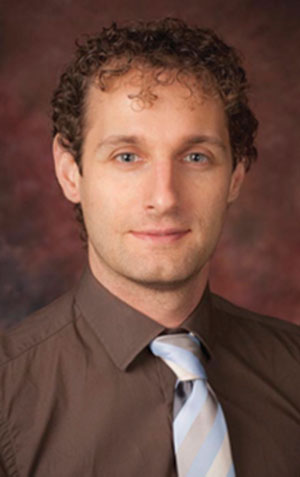Ontario Court of Appeal Justice Stephen Goudge was clear in his criticism of Charles Smith in his 2008 report on the province’s child pathology system.

“People complained repeatedly about Dr. Smith’s failure to produce reports in a timely fashion; his unresponsiveness; his carelessness; and the inconsistencies between his written reports, his pretrial comments, and his sworn evidence,” Goudge, commissioner of the public inquiry into the system, wrote.
It was shocking, then, to learn last week that an eastern Ontario school had welcomed Smith as a guest speaker on the role of pathologists and DNA.
Given his role in a litany of wrongful convictions — many of them against parents and other family members — in child death cases, Smith is hardly a role model or a legitimate authority on pathology and DNA.
As several media outlets reported last week, Smith gave the talk to about 30 Grade 11 students at Prince Edward Collegiate Institute in Picton, Ont., in late October.
The Toronto Star quoted a school official noting that a student in the class has a family connection to Smith. The school board is now investigating how Smith ended up appearing before the class and whether it needs a centralized process for reviewing who gets to speak to students.
The fact that Smith would think it’s fine for him to speak on a subject that was the source of his disgrace and that led to the revocation of his licence to practise is an affront. The fact that someone at a school would ignore those issues is equally outrageous.
Smith obviously knows something about DNA and the role of pathologists. But his knowledge fell far short of the expertise required of someone who conducted more than 1,000 child autopsies.
As we know now, Smith made repeated mistakes that led to criminal charges and convictions of people who had done nothing wrong.
Smith harmed many people. The most grievously affected were the parents wrongfully implicated in their children’s deaths, but society has suffered in many other ways.
The costs of Smith’s work have been enormous, of course. Not only did the province have to pay for Goudge’s inquiry, it continues to face the legal fallout of the wrongful convictions, including through the compensation scheme it set up last year as well as lawsuits by those affected.
Moreover, Smith’s work cast a dark cloud over our justice system. It showed how fallible it can be when it places excessive trust in expert witnesses like Smith.
So many people saw fault in Smith’s work along the way, but it took far too long for anyone in a position of authority to do anything about it.
Smith has no business holding himself up as an authority on DNA or pathologists anywhere in this province. The Picton school, as the justice system did so belatedly, should have known that.

 “People complained repeatedly about Dr. Smith’s failure to produce reports in a timely fashion; his unresponsiveness; his carelessness; and the inconsistencies between his written reports, his pretrial comments, and his sworn evidence,” Goudge, commissioner of the public inquiry into the system, wrote.
“People complained repeatedly about Dr. Smith’s failure to produce reports in a timely fashion; his unresponsiveness; his carelessness; and the inconsistencies between his written reports, his pretrial comments, and his sworn evidence,” Goudge, commissioner of the public inquiry into the system, wrote.